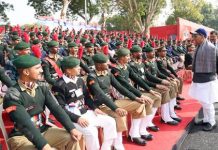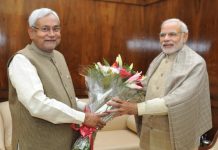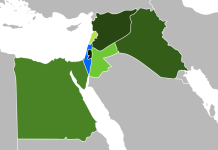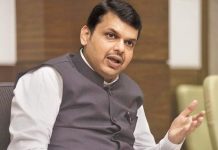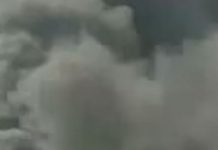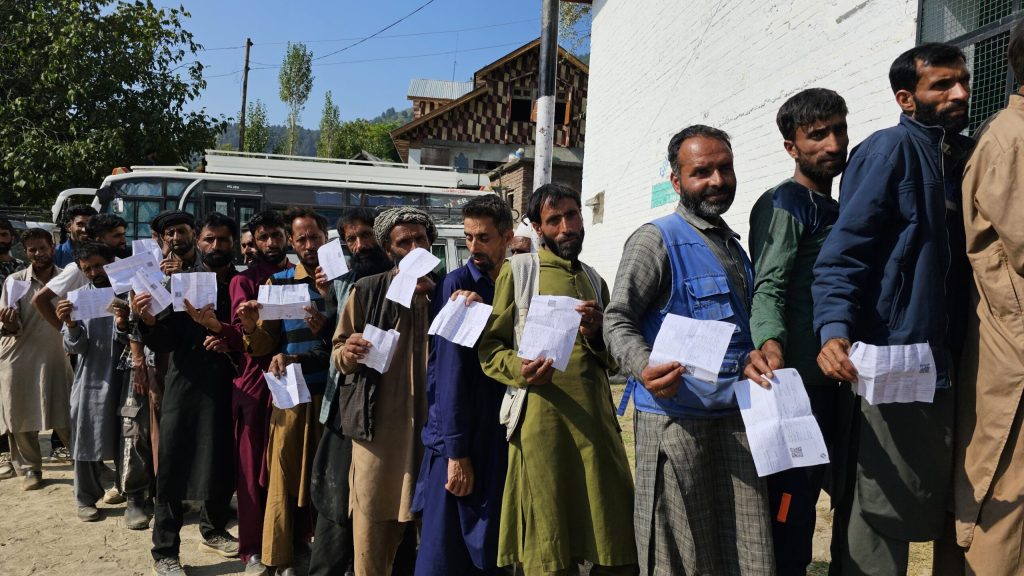
The final phase of the Jammu and Kashmir Assembly election is set for October 1, concluding a fierce contest between the BJP, Congress, National Conference, the PDP and the other parties. The high-stakes race has seen intense campaigning, with debates centered on Pakistan, Article 370, terrorism, and reservations.
The last phase covers 40 Assembly constituencies across seven districts, including Jammu, Udhampur, Samba, Kathua, Baramulla, Bandipora, and Kupwara. A total of 415 candidates, including key figures like former deputy chief ministers Tara Chand (Congress) and Muzaffar Beig, are in the running.
Voter turnout has been strong, with 61.38% participation recorded in the first phase on September 18, followed by 57.31% in the second phase on September 26. This election marks the first Assembly polls in the region since the abrogation of Article 370 in 2019, and results will be declared on October 8.
Prime Minister Narendra Modi has led the BJP’s campaign, highlighting efforts to address historical injustices and pledging to restore statehood. The BJP is eyeing its best-ever performance, hoping to surpass its 2014 result, when it won 25 seats in Jammu division. However, the party has struggled to make inroads in the Kashmir Valley.
Congress, led by Mallikarjun Kharge, Rahul Gandhi, and Priyanka Gandhi Vadra, has promised to restore statehood and form a people-focused government. Meanwhile, regional players like National Conference (NC) and People’s Democratic Party (PDP) have criticized the BJP for rising terror incidents in Jammu.
Other significant players include Sajad Gani Lone of the People’s Conference and Engineer Rashid of the Awami Ittehad Party. Jamaat-e-Islami-backed candidates are also contesting in north Kashmir.
With security arrangements in place, election officials are ready for a smooth final phase of voting, as the politically charged race draws to a close.


